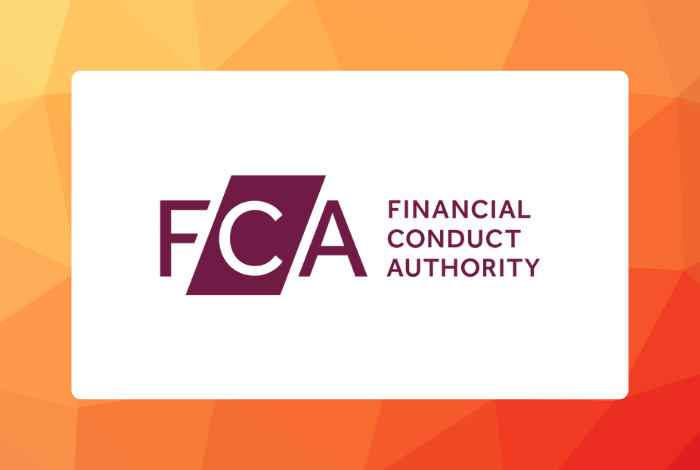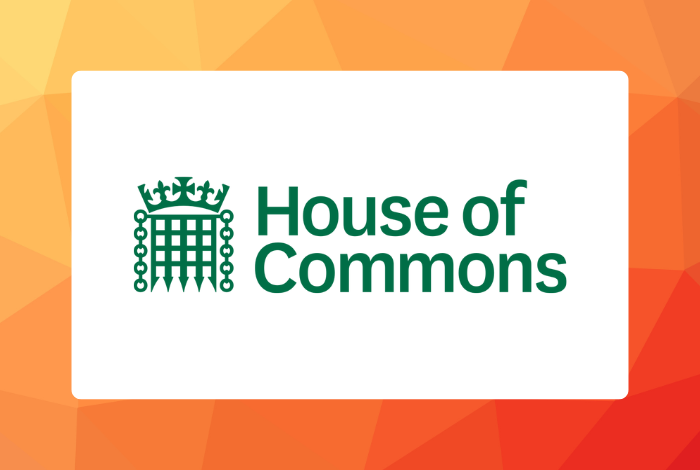
The Law Commission has been consulting on potential law reform around digital and other novel assets. The proposed legislation would implement the recommendation in the Law Commission’s Digital Assets Report for statutory confirmation of the existence of a “third” legal category of personal property, capable of accommodating new forms of asset (such as cryptotokens and VCCs).
The purpose of the legislation is to provide increased certainty and confidence to the market regarding how such assets will be treated under English and Welsh law, thereby enhancing the UK’s attractiveness as a place to do business.
In the consultation, the Law Commission sought views on the draft clauses to inform its advice to the Government on whether to proceed with the legislation. CryptoUK submitted our response to the proposed questions in the consultation ahead of the 22nd March deadline.
Thank you to our members gunnercooke and Travers Smith for their contributions to this submission.
CONSULTATION QUESTIONS & RESPONSES
(1) Do you agree with the general approach of the draft Bill, and agree that it will achieve the desired effect?
We agree with the general approach of the draft Bill as a useful starting point for clarifying property rights within the law for the subset of cryptoasset economic use cases to which it applies.
We would suggest that the bill be phrased to make clear that it is a clarification, rather than a change in the law per se, to avoid the potential for dispute over whether actions in relation to cryptoassets pre-bill were not in relation to property (i.e. to avoid an argument that if the law changed to now clearly make cryptoassets property then cryptoassets before the change is law were not property). In this respect, we note the helpful discussion in the Law Commission’s paper regarding the fact that courts have already tended to conclude that specific crypto assets have property rights – and so arguably this point is already to some extent established.
We would also emphasise that this is very much a starting point. In this respect, we welcome the recommendation that the Government creates or nominates a panel of industry-specific technical experts, legal practitioners, academics and judges to provide non-binding guidance on the complex and evolving factual and legal issues relating to control involving certain digital assets (and other issues relating to digital asset systems and markets more broadly) in order to assist the courts.
CryptoUK would be glad to participate if helpful.
In this respect, we set out below a non-exhaustive list of some of the more pressing issues we are seeing and that remain to be addressed. In our view, addressing these should be a priority to reduce unnecessary cost.
- Explicitly providing limits to the application of specific elements of an asset in possession to cryptoassets that could be so difficult to implement that they would be harmful to the ongoing development of these assets and their economic uses.
- For example, some elements of possession could make it intractable for mature entities to serve as cryptoasset custodians.
- Clarifying the exact economic use case(s) for cryptoassets to which the changes apply. For example, are the proposed changes limited to only those cryptoassets uses that are analogous to holding a GBP coin as a collectible, and not when using GBP as fiat or as a financial asset in some way?
- Matters of insolvency – currently, it is unclear how cryptoassets should be dealt with in an insolvency, as the treatment of assets depends on their status as property (or not). This issue is linked to the discussion regarding pledge in the consultation, however we see it as a broader point regarding the need for clear rules for the treatment of cryptoassets in an insolvency (and so the lenders etc can more precisely plan how to mitigate the risk of potential solvency).
- Other settings where current economic use cases for cryptoassets may not meet the use case(s) examined in the Law Commission report on which the recommendations are based:
- That is, those uses whereby a cryptoasset is not the equivalent of a GBP coin held in a collection (for example) with the hopes of appreciation, and with the risks of loss, either in value or in possession.
- Some experts have suggested that this is the sole (or primary) use case to which the Law Commission’s proposed “third” classification applies, whereas cryptoassets use cases are substantially broader than this current and limited setting.
- Examples of economic uses cases that do not appear to be addressed adequately in the proposals and research includes, but are not limited to:
- Cryptoassets in transit for payment of goods or services.
- Cryptoassets whose economic uses varies over its life cycle of use.
- For example, a GBP coin collection that is lent out, returned, and then used to purchase goods or services.
- All settings where the proposed Law Commission and statutory classification is different from the IFRS accounting standards or HMRC tax definitions:
- For example, some stablecoins may be classified as financial assets under current US GAAP or IFRS accounting standards. It could be beneficial to understand the definitions used within the accounting standards and how/if they are in conflict with the Law Commission proposals.
- That is, those uses whereby a cryptoasset is not the equivalent of a GBP coin held in a collection (for example) with the hopes of appreciation, and with the risks of loss, either in value or in possession.
(2) What do you consider the positive impact of the Bill to be? Could you quantify them (for example, by how much in £ or days/hours might a dispute be reduced)?
Generally, there is a tendency in the legal profession to take a cautious approach to advising on matters unless there is regulatory certainty. For example, in the context of insolvency, there is a tendency to not commit to whether a particular security will work unless it has been successfully tested in court. This has been to the detriment of the industry, in that (for example in the context of lending, it has led to a reluctance to rely on security linked to cryptoassets).
Providing statutory clarity therefore has the potential for material cost savings for both the legal system and any entities or individuals engaged with cryptoassets, because it gives a legal basis on which practitioners can be more sure of advice. More fundamentally than reducing the time period of a dispute, it may actually avoid the need for a dispute in the first place.
(3) What do you consider the costs and/or risks of the Bill to be?
The ambitious scale of the bill, and the fact that represents a starting point, rather than a conclusion to the question of the legal treatment of cryptoassets, means that it (unavoidably) incurs the costs involved in working out the consequences of certain cryptoassets being property.
These costs are unavoidable, however, if the view is to be taken that cryptoassets do not fall within an existing category of cryptoasset – and for the reasons set out in the Law Commission Consultation we agree this is the case – the bill at least avoids the costs of answering the preliminary question of whether cryptoassets are property and allows practitioners to focus then on the consequences of cryptoassets being property.
There will, therefore, be an ongoing cost as implications of the bill are determined, and this would include legal and advisory costs.
The risks are therefore in our view twofold:
- There is a risk that the way in which cryptoassets as property are interpreted by advisors is hindered by the fact that they do not fall within a pre-existing category of property.
- There is a risk of a cryptoasset being treated as property in circumstances where that is not appropriate (for example, where it is acting as a record only and does not have the indicia of being property). This issue could be exacerbated for those cryptoassets that change their attributes during their lifecycle (and so arguably could be / not be property at different points of the lifecycle.
The notion of risks and costs very much stems from the answers to Q1 that point out the significant use cases for which Law Commission and statutory proposals may not be currently applicable. The risks involve the presence of gaps in the current legal framework for an increasing number of use cases covered by our answers to Q1, most of which involve adding substantial costs to the legal system and those engaged with cryptossets as they grapple with these still unaddressed matters of law.
We would suggest that:
- There is particular attention to providing clarifications and developing guidance on the areas we have identified in Q1 (which could be an area of focus for the panel of industry-specific technical experts).
- There is a consultation with the London-based IFRS Foundation on their approaches and concerns about defining and classifying intangible assets in general, and cryptocurrencies, in particular. There may be opportunities to learn from each other in a way that enhances each other’s projects:
- For example the IFRS Foundation is considering the addition of a major project to relook at accounting for intangible assets.
- As such, as we have noted in various meetings with policy makers and standard-setters globally, when cryptocurrencies and cryptoassets are classified as property or intangible assets for accounting or tax purposes, costs can mount quickly due to the need to apply barter accounting or taxation rules where they possibly do not make economic sense.






